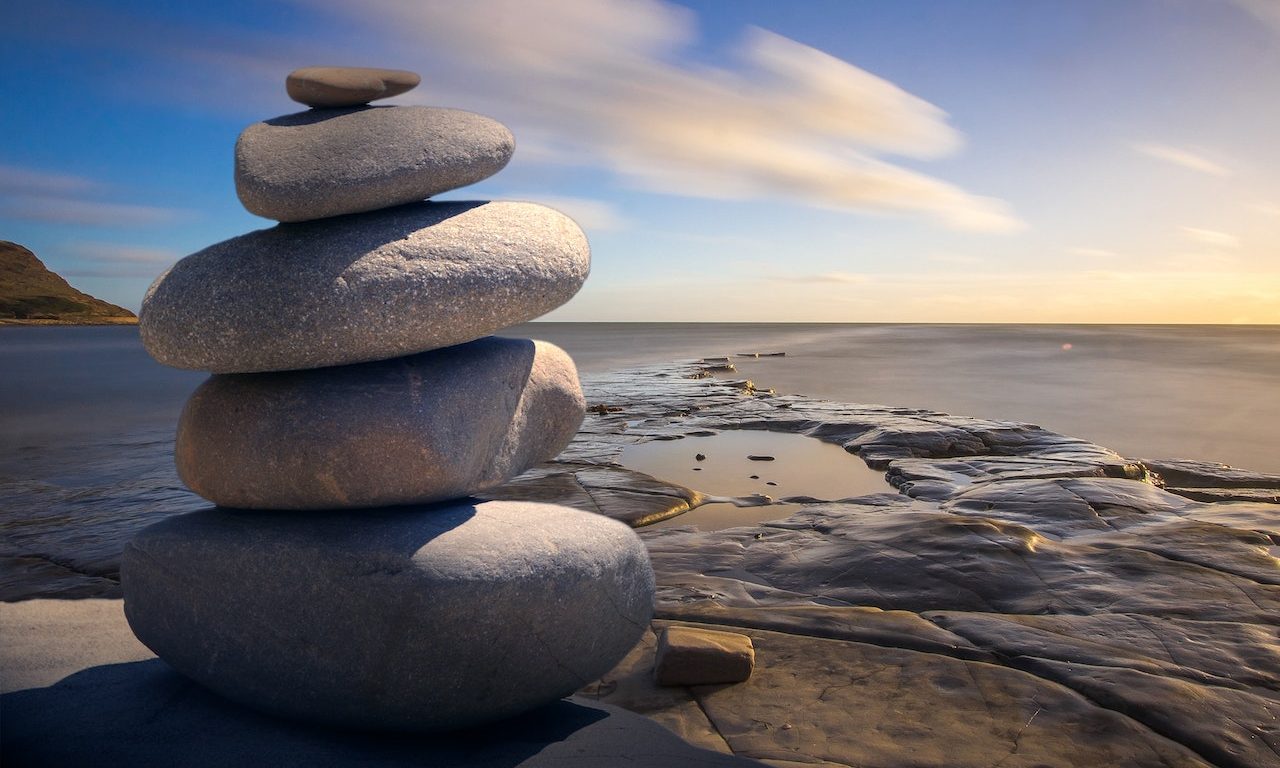Anxiety is a normal and common human emotion that we all experience from time to time. It’s a natural response to stress or danger and helps us to stay alert and prepared. However, when anxiety becomes chronic or severe, it can significantly impact our daily lives and overall well-being.
From difficulty sleeping and concentration to physical symptoms such as increased heart rate, muscle tension, and digestive issues, anxiety can take a physical and mental toll on us. It’s important to find ways to manage anxiety and promote relaxation to maintain our overall health and well-being.
Fortunately, there are several techniques that can help us do just that. By incorporating these techniques into our daily routine, we can take control of our anxiety and find a sense of calm and relaxation.
Deep breathing
Deep breathing is a simple yet effective way to calm the mind and reduce stress. It works by activating the body’s relaxation response, which can help lower heart rate and blood pressure. To try deep breathing, find a comfortable seated position and focus on taking slow, deep breaths in through the nose and out through the mouth. You can also try incorporating a mantra or positive affirmations while you breathe.
Progressive muscle relaxation
Progressive muscle relaxation is a technique that involves tensing and relaxing different muscle groups in the body to help reduce muscle tension and promote relaxation. To try this technique, start by sitting or lying down in a comfortable position. Take a deep breath and then tense the muscles in your feet and toes for 5-10 seconds before slowly releasing and relaxing them. Work your way up through each muscle group, ending with the muscles in your face.
Mindfulness meditation
Mindfulness meditation involves focusing on the present moment and accepting thoughts and feelings without judgment. This practice can help reduce anxiety by increasing awareness and allowing us to let go of negative thoughts. To try mindfulness meditation, find a quiet, comfortable space and sit with your back straight. Close your eyes and focus on your breath, noticing the sensation of the air entering and leaving your body. When thoughts enter your mind, acknowledge them and let them go, returning your focus to your breath.
Exercise
Exercise is not only good for physical health, but it can also have a positive impact on mental health. When we exercise, our bodies release endorphins – chemicals that can improve our mood and reduce stress. Aim for at least 30 minutes of moderate intensity exercise, such as brisk walking or cycling, a few times a week.
Get plenty of sleep
Poor sleep can exacerbate anxiety and stress, so it’s important to prioritize getting enough rest. Establish a consistent sleep routine by going to bed and waking up at the same time each day and creating a relaxing bedtime ritual. Avoid screens for at least an hour before bed and consider using white noise or a sleep aid to help you fall asleep.
Seek professional help
If you’re struggling with anxiety and it’s affecting your daily life, it may be helpful to seek the assistance of a mental health professional. A therapist or counselor can provide you with coping strategies and techniques to help manage anxiety and promote relaxation.
Managing anxiety and promoting relaxation is important for our overall physical and mental health. While anxiety is a normal and common emotion, chronic or severe anxiety can significantly impact our daily lives. However, by incorporating techniques such as deep breathing, progressive muscle relaxation, mindfulness meditation, exercise, getting plenty of sleep, and seeking professional help, we can take control of our anxiety and find a sense of calm and relaxation.
It’s important to remember that each person is unique and what works for one person may not work for another. It may take some trial and error to find the techniques that work best for you, but don’t be afraid to experiment and try new things. The most important thing is to find what works for you and make it a regular part of your routine.
Incorporating relaxation techniques into your daily routine can have a significant impact on your overall well-being. Not only can they help reduce anxiety and stress, but they can also improve sleep, increase focus, and boost mood. So if you’re looking for ways to manage anxiety and promote relaxation, give these techniques a try and see how they work for you.

